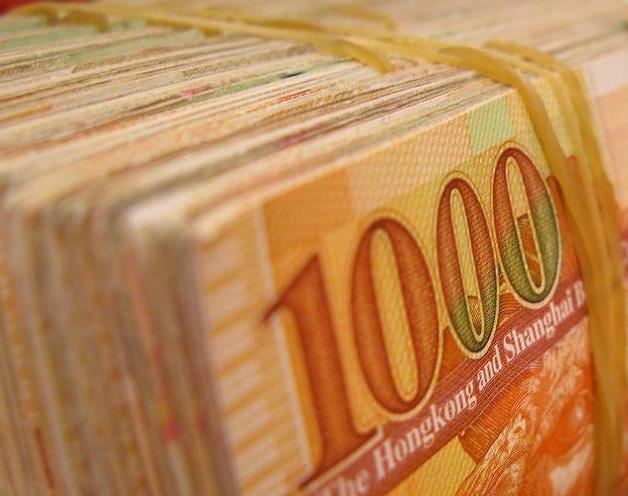
Hong Kong's one-off measures predicted to have limited impact on growth
A significant rise in spending is unlikely.
Given the higher than expected surplus for FY2016/17, the Financial Secretary announced that it will be utilising HK$61b of that amount to implement various initiatives, according to BMI Research.
BMI Research said that these proposals reflect efforts by the government to alleviate healthcare pressures due to an ageing population, while also aiming to raise the city's productivity as unfavourable demographics will also act as a net drag on the economic activity.
Here's more from BMI Research:
The plans include: (1) HK$30b to strengthen elderly services and rehabilitation services for the disabled, (2) HK$20b for sports development, (3) HK$10b for supporting the development of innovation and technology, and (4) HK$1b for youth development, in the form of vocational and professional education and training.
The Hong Kong government also announced various measures, which it deemed as one-off (but appear to be a carry-over from last year's budget) that are aimed at mitigating the impact of the economic slowdown on Hong Kong's households and businesses.
However, we expect these to have a limited impact on headline economic growth in 2017 as they are unlikely to lead to a significant rise in spending.
Among the key measures announced were a 75% reduction in salaries tax (with a ceiling of HKD20,000), and a lowering of profits tax for FY2016/17 by 75% (subject to a cap of HKD20,000).
Meanwhile, the government will also forego taxes of up to HK$1,000 per quarter for property owners. These three initiatives will therefore reduce revenues by an estimated total of HK$29.2b.






















 Advertise
Advertise







